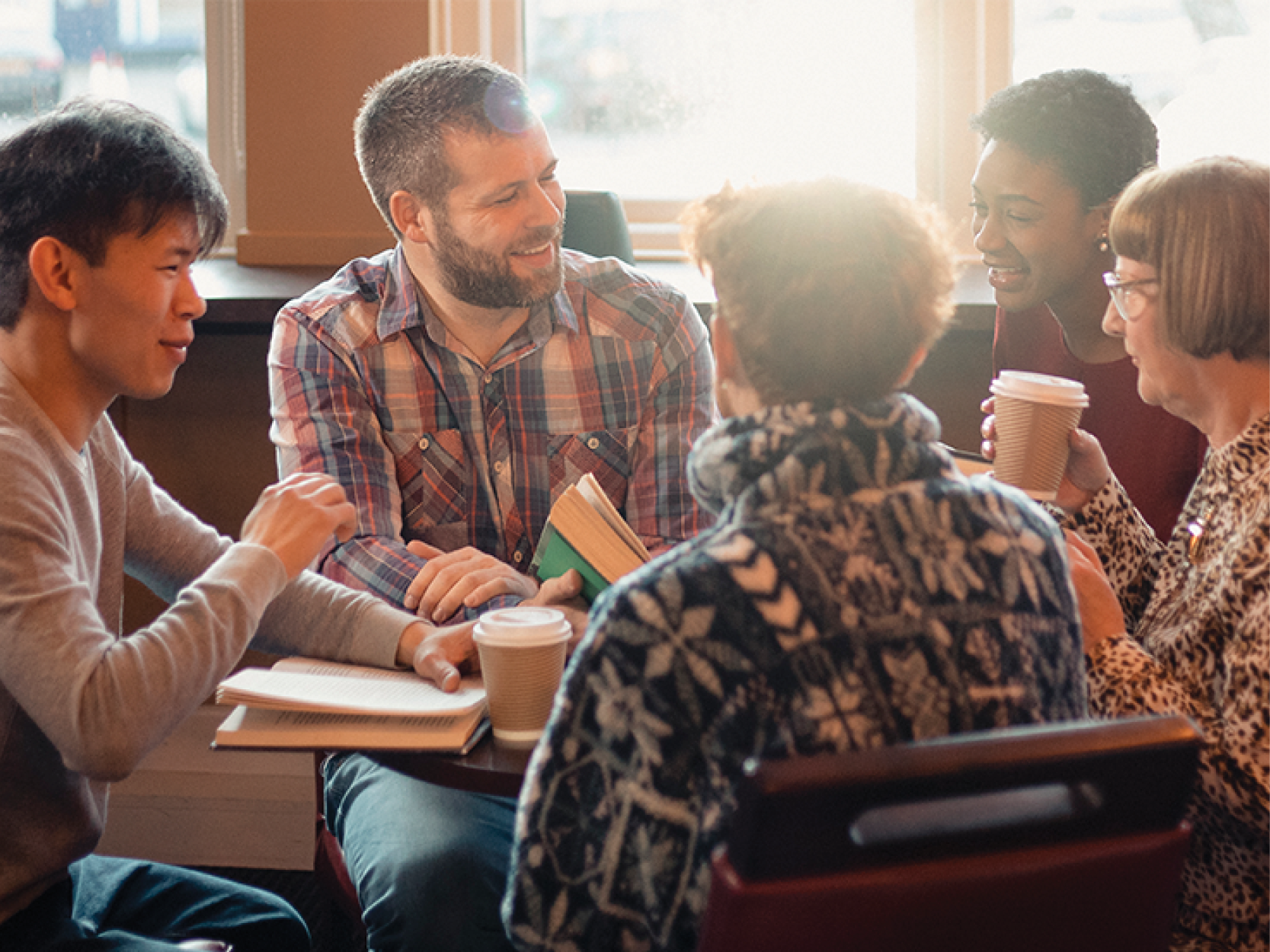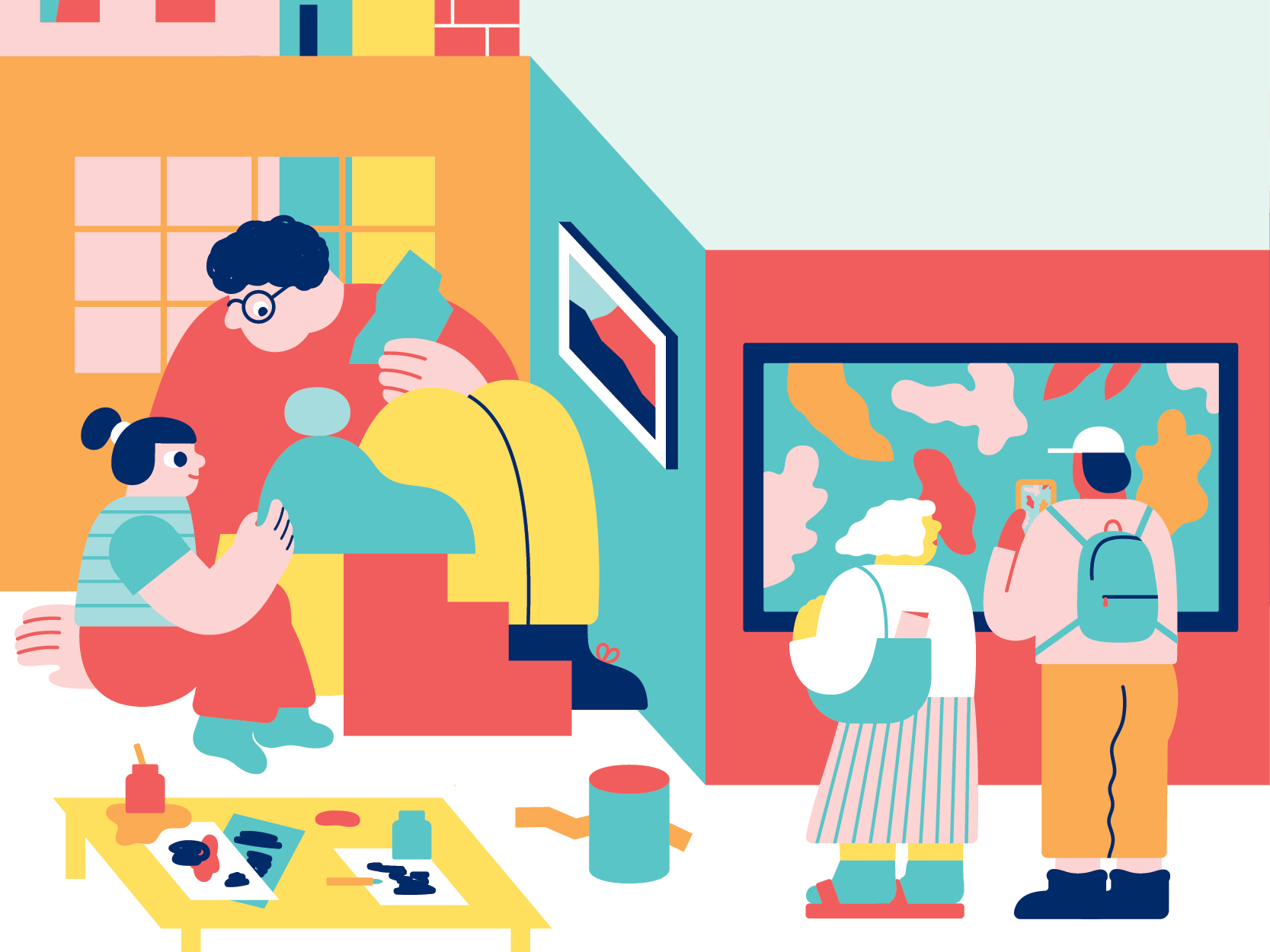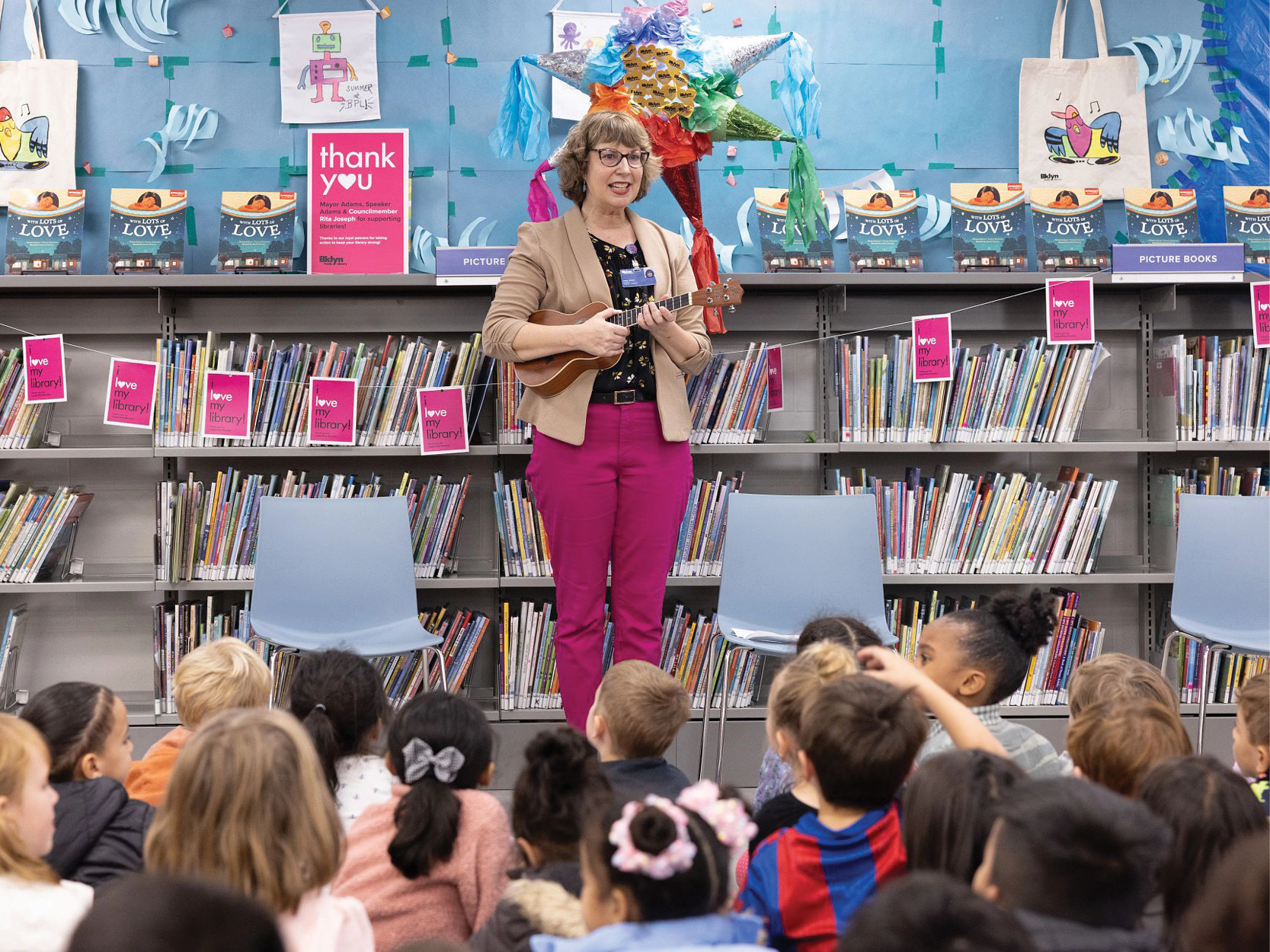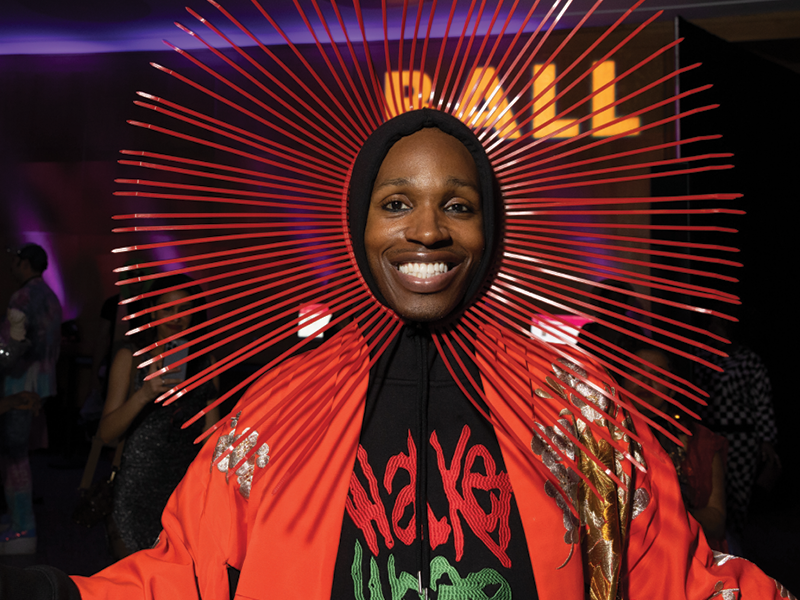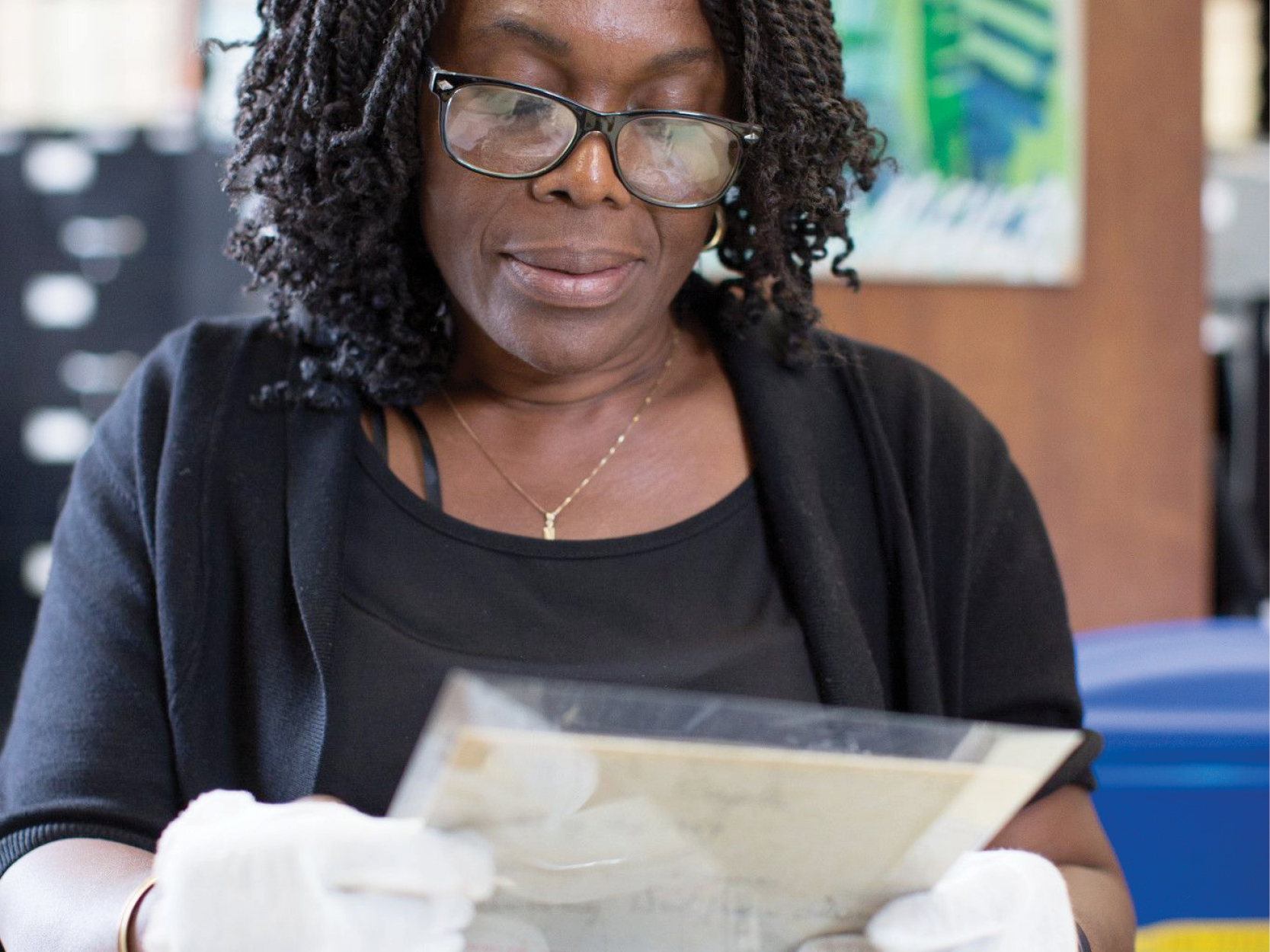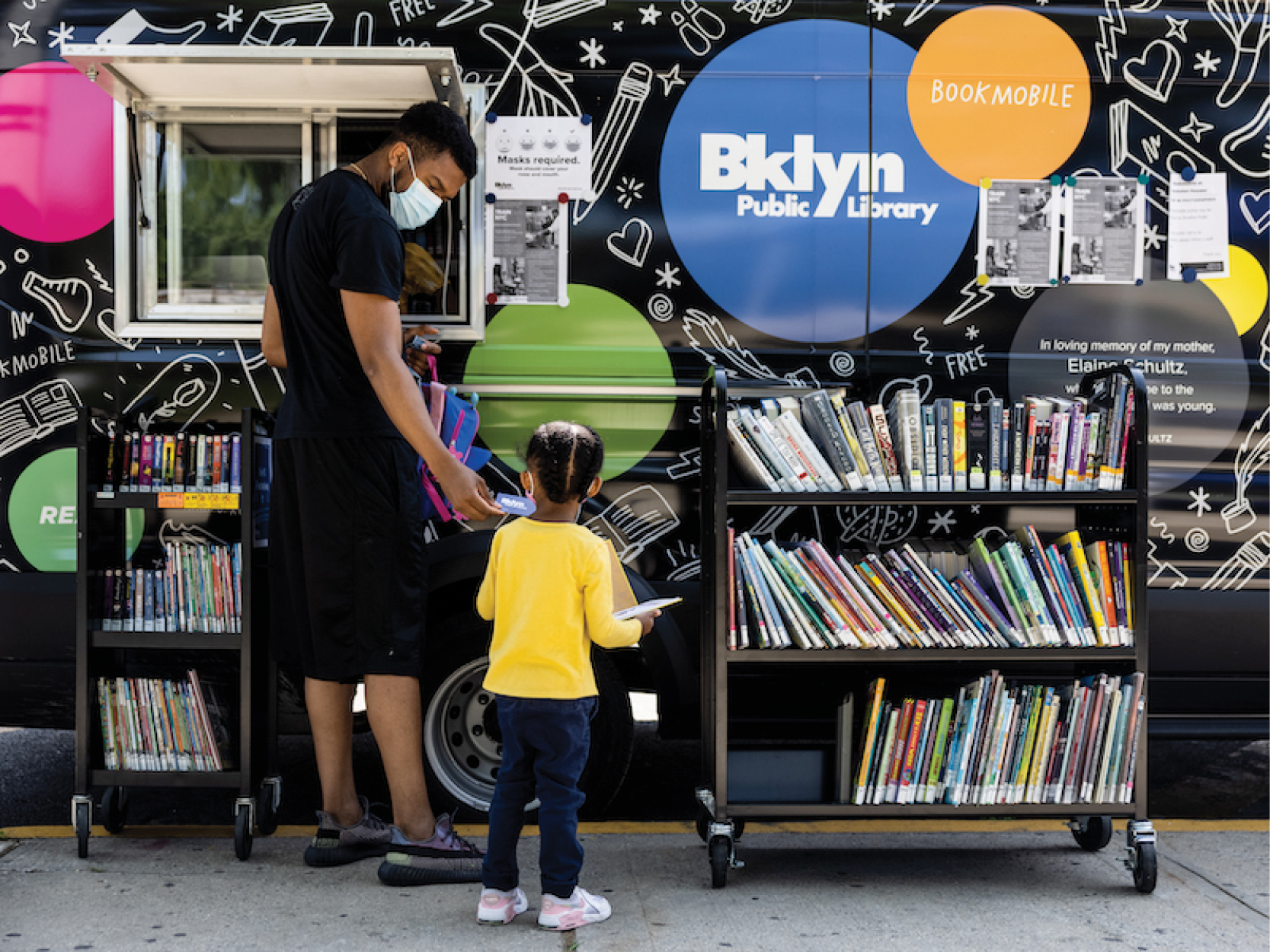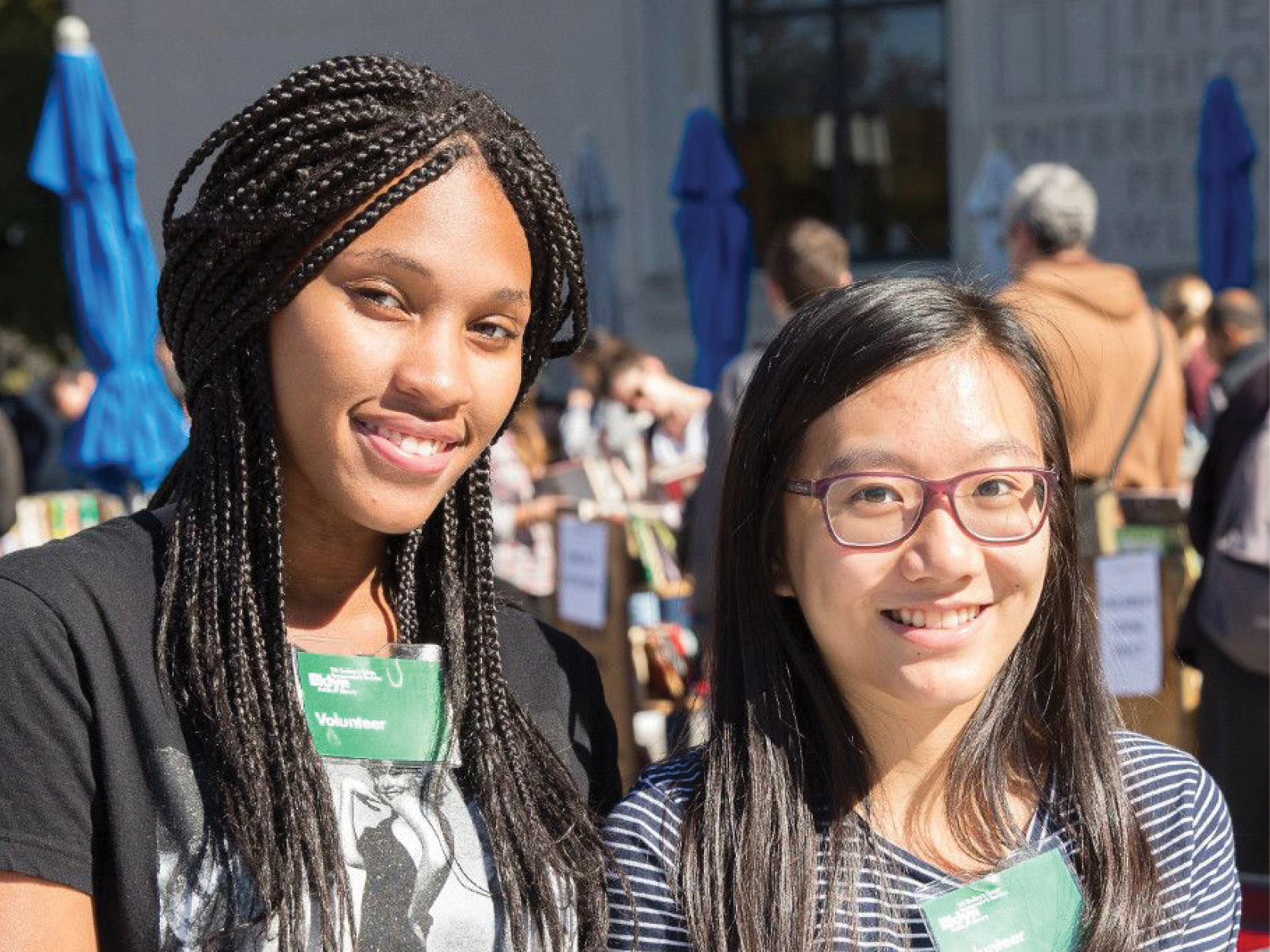I was sitting at my kitchen table flipping through my first deck of recently purchased tarot cards. A stack of young adult books about paganism, magic and witchcraft sat in front of me. As I shuffled the cards from my left hand to my right, I asked out loud: “Am I witch now?” My quick-witted 16-year-old replied: “Historically, yes. You’re an older, divorced, Black woman who wears pants. You’re a witch.” Well, dang. Technically, they weren’t wrong in their assessment and it inspired me to delve into the connection between women, marginalized communities and witchcraft.
 Pagan and witchcraft practices are becoming popular with Gen Z, because they can find healing and camaraderie in the witch community regardless of background or gender. There was a spike in pagan rituals during the pandemic and teens became more drawn to manifesting, tarot cards, or using crystals. Organized religion is in decline in the United States according to recent studies, but witchcraft allows people to be spiritual without adhering to a hierarchy. It’s also a practice that connects Gen Z to the social issues they are passionate about like environmentalism, feminism, and equality.
Pagan and witchcraft practices are becoming popular with Gen Z, because they can find healing and camaraderie in the witch community regardless of background or gender. There was a spike in pagan rituals during the pandemic and teens became more drawn to manifesting, tarot cards, or using crystals. Organized religion is in decline in the United States according to recent studies, but witchcraft allows people to be spiritual without adhering to a hierarchy. It’s also a practice that connects Gen Z to the social issues they are passionate about like environmentalism, feminism, and equality.
Nearly a year ago, the government of Scotland issued an apology for their witch hunts and trials over 500 years ago. It was a part of the government’s acknowledgement that the witch hunts were rooted in misogyny and that women were used as scapegoats to explain away the problems of the country. According to Dr. Valerie Paley, the founding director of the Center of Women’s History at the New York History Society, the women who were often accused of being witches were poor, older, and otherwise marginalized. Well, I’m not poor but I’m definitely older and otherwise marginalized. I hate it when my 16-year-old is right, and can make fun of me for being a Gen Xer at the same time.
The feminist movement of the 1960s led many women towards Paganism, because it felt more empowering and representative than traditional traditions. Women can be leaders; older women can be revered as much as younger women; and higher powers can be female in paganism and witchcraft. LGBTQIA%2B, another marginalized group, finds spiritual community in paganism and witchcraft, because they are allowed to be their authentic selves and hold positions of leadership regardless of their gender identity or sexuality.
Currently, there are many books being published about using witchcraft for self-healing, self-empowerment and changing the world for the better. Elements of witchcraft and paganism can also be incorporated into the tenets of a more traditional religion. allowing a person to customize a practice as unique as them. Just remember “Harm none and do no harm.”
What Witchy Rituals Interest You? Comment below!
- Astrology and Birth Charts
- Crystals
- Tarot Cards
- Manifesting
- Palm Reading
- Other
Editor's Note: I used “paganism” and “witchcraft” interchangeably as the dictionary defines witchcraft as a “...practice that involves an affinity with magic and nature within a pagan tradition.”
This blog post reflects the opinions of the author and does not necessarily represent the views of Brooklyn Public Library.
I've slowly been drawn to
Post a Comment
While BPL encourages an open forum, posts and comments are moderated by library staff. BPL reserves the right, within its sole discretion, not to post and to remove submissions or comments that are unlawful or violate this policy. While comments will not be edited by BPL personnel, a comment may be deleted if it violates our comment policy.
eNews Signup
Get the latest updates from BPL and be the first to know about new programs, author talks, exciting events and opportunities to support your local library.
